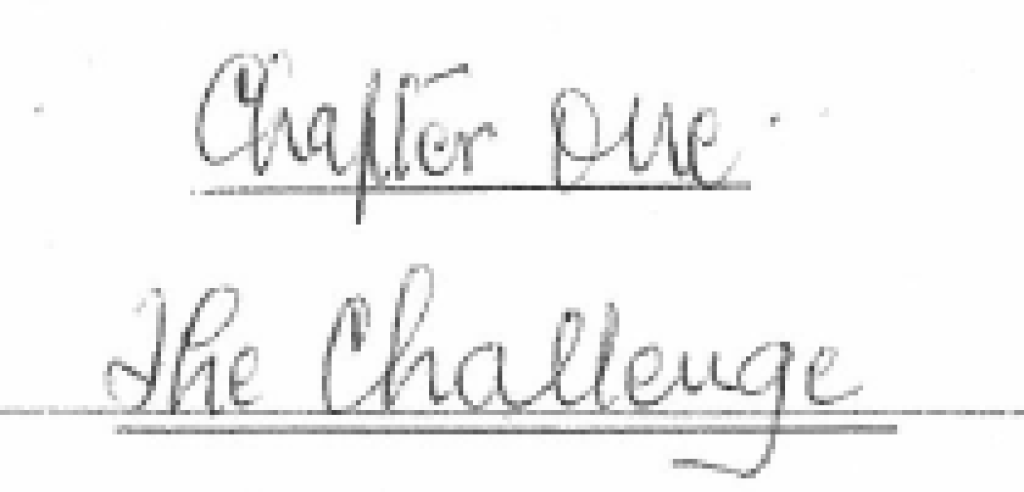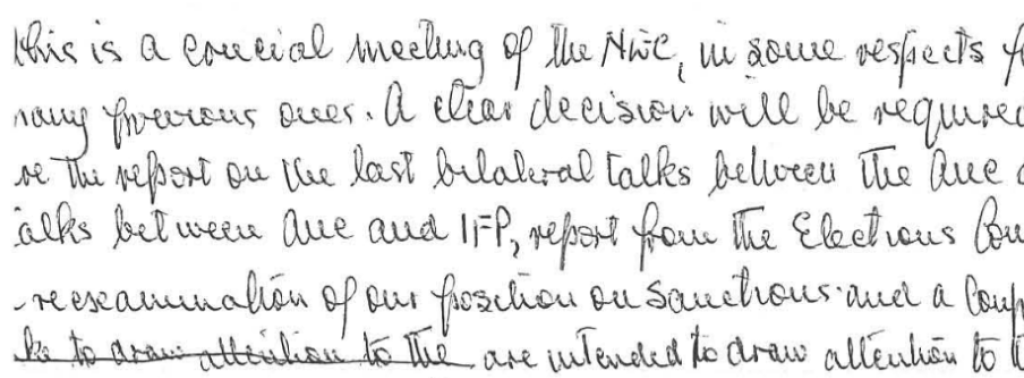Although it took hard negotiation and intense debate for the ANC to accept the idea of a Government of National Unity, something like it was envisaged early on. In his Treason Trial testimony in 1960 Mandela acknowledged a phased transition to democracy as something that could be contemplated. The possibility was there in broad and vague outline in the document Mandela sent to President PW Botha in March 1989.107 That document drew on insight into the government’s thinking gained from the secret meetings with a government working group108; on discussions with his fellow prisoners from Pollsmoor; and consultations with the ANC leadership in exile.109
The most crucial task, Mandela wrote, ‘was reconciling the demand for majority rule in a unitary state with the concern of white South Africa over this demand, as well as the insistence of whites on structural guarantees that majority rule will not mean domination of the white minority by blacks.’ Reconciling these matters through negotiation was needed to break a ‘deadlock’, a situation in which neither side had the means to prevail by force of arms (see Chapter 1).
While the ANC saw the possibility of ‘structural guarantees’ in a general and undefined way, the apartheid government, believing that it had enough power to prevent – or at least delay – majority rule, produced varying proposals for constitutional structures which would give minority groups, in particular whites, power beyond the numbers their political organisations could command.
All manner of proposals issued from the National Party government negotiators, the Democratic Party and parties located in some of the bantustans. From the mid-1970s, as resistance grew, a proliferation of constitutional models come from inside the country and outside, from defenders of apartheid and opponents who nonetheless were not ready for democracy. They included varieties of consociationalism – in which executive power is shared proportionally among segments of society defined along ethnic, religious, or linguistic lines, with a veto in the hand of minorities to protect their minority interests – and federations of regions or communities with a high degree of autonomy and even differing systems of government in different parts of the country. What the schemes had in common was that they were incompatible with majoritarian democracy.

Two central issues will have to be addressed
The situation, though, was not static; nor were the expectations of the majority of South Africans and the international community. The Harare Declaration,110 adopted by the United Nations in December 1989, was explicit in its definition of the final outcome of negotiations as an unqualified franchise that conferred equal rights on all South Africans. The constitutional manoeuvres were rendered stillborn by the work the ANC had done to mobilise for consensus across the mass democratic movement on the fundamental aims of negotiations and to achieve acceptance of these broad principles across the globe.
Further, the main protagonists in the negotiations process, the ANC and the National Party government, were wary of international mediation. Each believed strongly that South Africans should resolve their own problems; and find solutions that would – as far as possible – take into account the interests, aspirations and apprehensions of their constituencies. This, in part, reflected a deep patriotism shared among South Africans, including the White community (especially among Afrikaners, as Mandela often commented).
In the four years after Mandela’s release and the unbanning of the liberation movement, the level of organisation and mobilisation among the black majority, the implications for all South Africans of a scorched earth, the negotiating acumen of the ANC and its allies, and the united voice of much of humanity – all these combined to whittle away proposals from the government side for ‘structural guarantees’ in the form of group rights, power-sharing, special majorities, minority vetoes, rotating presidency and the like. In the end, when the ‘roadblocks’ had been removed, the compromise Mandela had foreseen took the form of a Government of National Unity, as a transitional mechanism towards democratic majority rule

People shall have the right to participate in the government and administration of the country on the basis of a universal suffrage
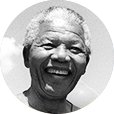
A sensitive and provocative roadblock, and a persistent one which continued to plague us even during the period of the Government of National Unity, was mainly a historic and psychological one reflecting itself in endemic contempt which the white community, especially Afrikaners, had for blacks.
For almost three and a half centuries, a conservative and arrogant white minority had tried to apply the doctrine of Nazi Germany and preached the unscientific theory that blacks were inferior to whites, in fact, that blacks were sub-human.
One of the main architects of this theory was Dr Hendrik Verwoerd, a former South African Prime Minister, who held that blacks should not be allowed to venture into pastures where they were not allowed to graze. They should never be permitted to rise above the status of hewers of wood and drawers of water.
The apartheid regime, even during the period of negotiations between the ANC and the apartheid regime, still believed that they could save white supremacy with black consent. Although the apartheid negotiators tried to be subtle, it was clear right from the start of the talks that the overriding idea was to prevent us from governing the country, even if we won in a democratic election.
I was still a prisoner in Victor Verster when I first met President De Klerk, leader of the National Party, on 13 December 1989.
Shortly before that meeting I had read an article written by the editor of Die Burger, then the official mouthpiece of the National Party, under the pen name of Dawie, in which he sharply criticised the concept of Group Rights which was being peddled by that Party as the best solution for the country's problems.
This meant that each population group after the first democratic elections would retain permanently the rights and privileges it had enjoyed before such elections, no matter which political party had won.
The essence of this fiction, although not openly said, was that there should be no change whatsoever in the economic and political system of the country. White minority would continue to monopolise all the important rights of citizenship.
The revolutionary changes demanded by the liberation movement, and for which martyrs across the centuries had paid the highest price, would be stifled. The new government would be unable to provide shelter for the people and quality education for their children. Poverty, unemployment, hunger, illiteracy and disease would be rampant. Die Burger criticised this pseudo policy as introducing apartheid through the backdoor.
I pointed out to President De Klerk that if their own mouthpiece condemned this idea, he could well imagine what we thought of it.
We would reject it out of hand. It was at this point that the President impressed me. He conceded that if our movement would not even consider the idea, he would scrap it. I immediately sent a message to the ANC leadership in Zambia in which I described the President as a man of integrity with whom we could do business.
I repeated this statement on countless occasions, here and abroad, after my release from prison.
From the ruins of Group Rights there emerged another gimmick, that of power sharing. Broadly speaking this meant that if, for example, the ANC won seventy five percent of the votes in a general election, and the National Party obtained only twenty five percent, the ANC would not be able to take any major decision without the consent of the National Party. Our delegation, under the leadership of Comrade Cyril Ramaphosa, uncompromisingly rejected this fiction.
Later President De Kierk and I exchanged views on the matter at the residence of Dr Bill Venter, then Chief of the industrial giant, Altron.
Again I urged the President to drop the idea, pointing out that we wanted nothing less than a true democratic government as understood by the civilised world. I warned him that, trying to sell us another version of racial discrimination was unacceptable and, worst of all I said, that would irreparably damage his credibility. I added that our delegation at the Kempton Park negotiation centre, and other delegates were engaged in advanced discussions on the Government of National Unity, which was a far superior principle than either of his two proposals. We finally agreed that this would be one of the best instruments for uniting our people. The Government of National Unity would include all the parties that won five percent or more of the votes in an election.
In her book Anatomy of a Miracle, Patti Waldmeir accurately sums up De Klerk's real aim. She poses the question as to ‘Why the Boers gave it all away.’
Mandela did not take part in the detailed negotiations, but he kept abreast of their evolution, and he forced the pace and direction in line with the ANC’s positions. He paid attention to ensuring the process was inclusive.112 He received constant reports through interactions with the negotiations team and in ANC National Working Committee discussions. He was always on hand to help resolve difficulties and deadlocks.
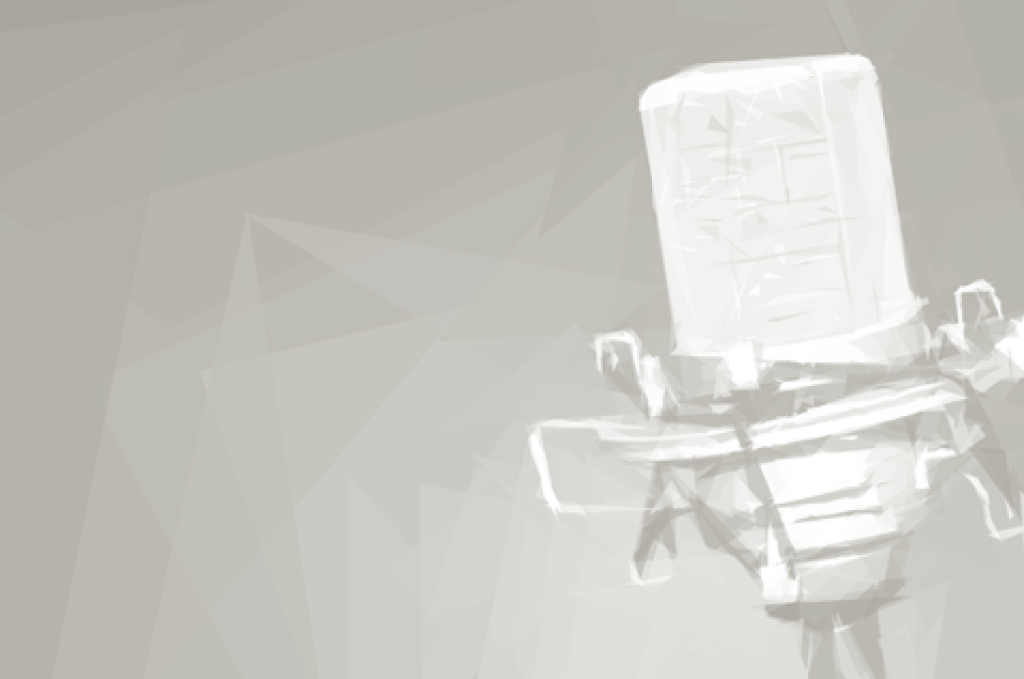
Madiba’s point was ‘No, let everybody come, if they want to sit they can put another chair there for them.’
Madiba didn’t attend the meetings of the Negotiations Commission except may be on the odd occasion, but we always had to report to him on every step and everything, constantly report to him. So he was on top of everything, every formulation. In that sense he was an integral part of the negotiating team.
He was the most militant member of the negotiating team, by far, on almost every issue, the most militant. We would sometimes sit with each other and say, ‘This is quite an acceptable compromise, we can give into the regime on this one because it’s not really a matter of principle’. And then we would work out between all of us, how are we now to convey this to Madiba, this recommendation, before we go to the NEC. Because we knew he was going to accuse us of being soft, of being moderate. He would often say, ‘Well if you don’t know how to tell these people where to get off, I will come to the meeting tomorrow. I’ll tell them this is unacceptable, if you are unable to tell into their faces that this is unacceptable, I’ll come and do it.’
Afterwards when I thought about it, I thought that what he was doing was what he saw was his responsibility: he knows that if you are involved daily in negotiations, the negotiators on each side try to chip away, chip away, chip away; and his job was to hold the line and to push you to the limit to get the best possible deal. In that sense I think he kept on strengthening the resolve of his own negotiators by being so militant.113
Mandela’s focus in this engagement with negotiations was not simply majority rule, but ‘democracy which was modern in the sense that it would be nonracial, nonsexist, secular and embodying all of the modern concepts and human rights’.114 He also wanted inclusive negotiations.

here were certain things which he was very focused on. One of them was majority rule
The negotiations process was done in the most inclusive way, he wanted us to build a front, which we did, to win over even those who were in the bantustans and all that. He was quite insistent on seeing us do that. So that process he led with good effect. He was able to give us leadership as the negotiating team which was effective and in a way allow us, obviously within the decisions of the NEC, to go ahead and negotiate a number of provisions of the settlement and remain firm on key issues like majoritarian rule.115
But at the same time as seeking consensus, Mandela was also preoccupied with what was needed to achieve the ANC’s objectives: ‘Much as he was your consensus builder and your Mr Reconciliation, he had this deeply ingrained feeling of wanting to outflank the enemy all the time’116
At the unbanned ANC’s first elective conference in 1991, Mandela focus spelt out the need to think beyond the content and process of negotiations – effective organisation and mass mobilisation were imperative.
The winning of the objective of a Constituent Assembly will not be achieved solely through the negotiation process. It will require the generation of mass support for this demand. We reject the regime`s contention that mass mobilisation stands in the way of the negotiating process. In the absence of voting rights, the only power we can exercise is the power and the strength of our organised people.117

Negotiating power therefore required strong organisation, and strong international links.
He was deeply concerned about the status of the organisation, the branches, the regions as we had them then and felt that the organisation was not nearly as strong as he thought it should be. That is why he crossed the length and breadth of the country to mobilise support. Much as he felt that we needed to prosecute our struggle through negotiations, he knew that we would only be able to do so effectively if our base was strong and therefore strengthening the organisation was important. But there was also the international aspect: he knew that we needed to be present on the international scene and that’s why once he was released he went throughout the whole world to meet people. And of course part of it was fundraising, in typical Madiba style, he wanted resources for the organisation, which was hugely successful.118

By the final stages of negotiations, late in 1992 and early 1993, this approach had made an impact. The balance of power that had almost equally matched the two side in 1990 had, measured by the strategic outcome of the negotiations process, shifted inexorably in favour of the ANC.
Yet special transitional mechanisms had to be developed, to address the apprehensions of the National Party and its constituency, and to ease them into democratic majority rule. Included in the Record of Understanding of September 1992, agreed between the ANC and National Party, was an interim government of national unity.119

there shall be an interim/transitional government of national unity.
The ANC recorded its assessment of the new situation in the document Negotiations: A Strategic Perspective, adopted in November 1992.120
The government, the assessment said, still had command over far-reaching resources, in the state and other military forces, and the support of powerful economic forces. The violence directed against the democratic movement was working to the advantage of the National Party. But the government had failed to gain political support from the majority or even to build alliances with bantustan leaders. Its own constituency was increasingly divided as the right wing made inroads, including within the security forces. It was unable to reverse the deterioration of the economy or make inroads into unemployment and crime.
The ANC, though still unable, in the short term at least, to defeat the government militarily, was now a legal organisation with majority support that was still growing. It had shown its capacity to mobilise its numbers in mass action and to activate support from most of the international community.
Weighing these factors, the ANC concluded that, rather than resume the armed struggle or engage in protracted negotiations which might see the government bolster its position and would in any case impose harsh costs on the country and the people, the best way forward was a swift negotiation process – combined with continuing mass action and mobilisation of international pressure.
What was still to be negotiated included a Government of National Unity after the adoption of a new constitution, beyond the period of the interim government of national unity already agreed in the Record of Understanding. Fierce debate continued in the ANC for some time, even after the Strategic Perspectives document had been adopted by the NEC. For those, like Mandela, who advocated a Government of National Unity, the rationale depended on the need to ward off a counter-revolution that could reverse the gains made; as well as the urgency of dealing with the deteriorating social and economic situation. He stressed the latter in notes he wrote for his input to the debate at the National Executive Council in February 1993:

The balance of forces is not completely static. In this phase of negotiations
The opposite argument is based on the fact that a majority party in the forthcoming election cannot alone effectively address the enormous problems facing the country – the declining economy, the unacceptably high level of unemployment and crime the violence, which is likely to assume even more disturbing dimensions once a democratic government is installed. Political stability, they say, can only be successfully solved through a government of national unity, only political stability rising out of such a government can attract investments. It would be more profitable for comrades when examining the opposing arguments to make concrete proposals as to how the socio-economic issues can be solved by a single party government
At the end of the meeting he paid tribute to the vigour of the discussion in which reservations were raised, but emphasised the imperative of unified acceptance by all of the collective decision,’ and suggested that some of the popular concerns cited by speakers reflected their own failure to engage with the grassroots on the issue.
5. The reason for some of the concerns expressed here is due partly to failure to recall decisions taken by the organisation on negotiations in general and on the Strategic Perspectives document.…
6. At bottom is a failure by members of the NEC to go to their areas where they have been deployed.
What explanations have been made to grassroots?
Where and when, by whom were queries made, in what organised manner were these complaints made?
7. Lack of understanding of principle of collective leadership.
8. Confidence in our negotiating team
9. Must give clear lead …122
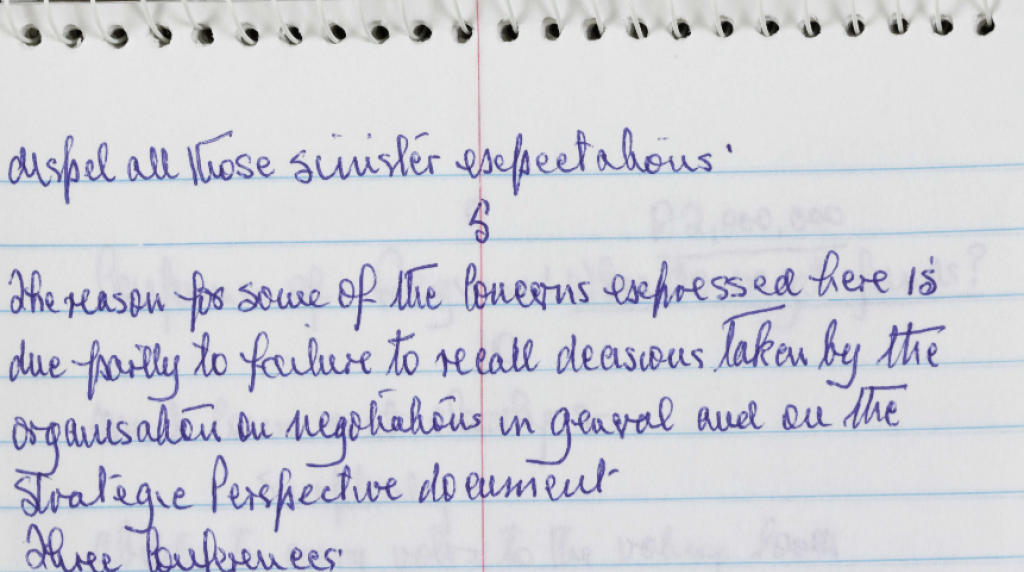
Apart from the proposal for a Government of National Unity, of a kind that did not allow parties that lost the election to paralyse government, the strategic perspectives document argued that there was a need to forestall potential threats to the new democracy that could come from the security forces and the civil service. These institutions had the capacity not only to destabilise democracy, but also to delay or subvert transition – if the transition to democracy had only negative implications for the individuals who belonged to them, that could feed the forces seeking to destabilise the country. So there was a need to deal with the future of members of these institutions – job security, retrenchment packages and a general amnesty – as part of a negotiated settlement.123

A democratic government will need to restructure the civil service and the security forces
All this found formal expression in the interim constitution. Besides recording the constitutional principles that would inform the final constitution to be negotiated in the Constitutional Assembly, it set out the framework for a five-year Government of National Unity in which any party gaining over five per cent in the election would be represented.
The structure of the Cabinet was defined by the Interim Constitution:
• the president would be an elected by a joint sitting of both Houses of Parliament;
• each party with at least 80 out of the 400 National Assembly seats would be entitled to an executive deputy president from its MPs;
• the Cabinet would have not more than 27 members appointed by the president in consultation with the executive deputy presidents and the leaders of parties participating in the GNU;
• any party with at least five per cent of the total vote would be entitled to representation in the GNU in proportion to its vote in the election.
The April 1994 election results dictated the composition of the first Cabinet. They meant that the president would be ANC; that there would be two deputy presidents, one ANC and one NP; and that there would be 18 ANC ministers, six NP ministers and three IFP ministers
| Party | Valid Votes | National Assembly Seats |
|---|---|---|
| African National Congress | 12,237,655 | 252 |
| National Party | 3,983,690 | 82 |
| Inkatha Freedom Party | 2,058,29 | 43 |
| Freedom Front | 424,555 | 9 |
| Democratic Party | 338,426 | 7 |
| Pan Africanist Congress | 243,478 5 | 5 |
| African Christian Democratic Party | 88,104 | 2 |
| TOTAL | 19,533,498 | 400 |
